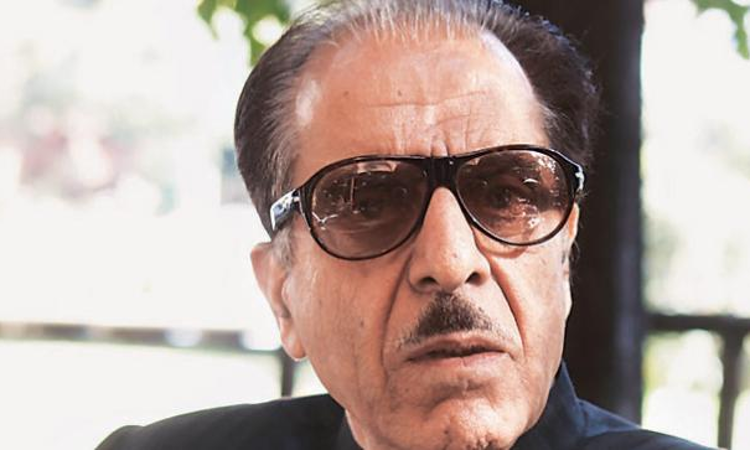SC Adjourns Habeas Corpus Plea of Octogenarian Congress Leader Prof. Saifuddin Soz
Radhika Roy
16 July 2020 5:23 PM IST

Next Story
16 July 2020 5:23 PM IST
The Supreme Court on Wednesday adjourned the habeas corpus plea filed against the Government of Jammu and Kashmir's detention order of octogenarian Congress leader and former Union Minister Prof. Saifuddin Soz, who has been under house arrest since 5th August, 2019. A Bench comprising of Justices Arun Mishra, Vineet Saran and MR Shah adjourned the plea to July 29 on the submission of...
